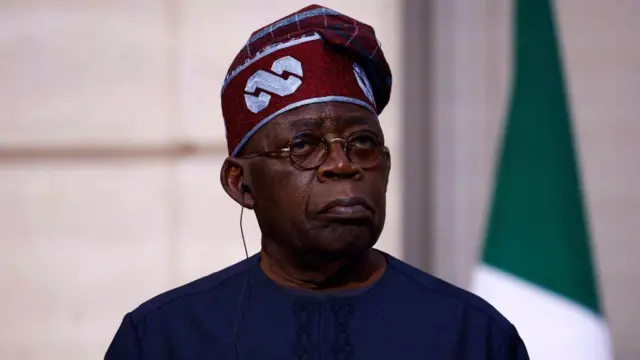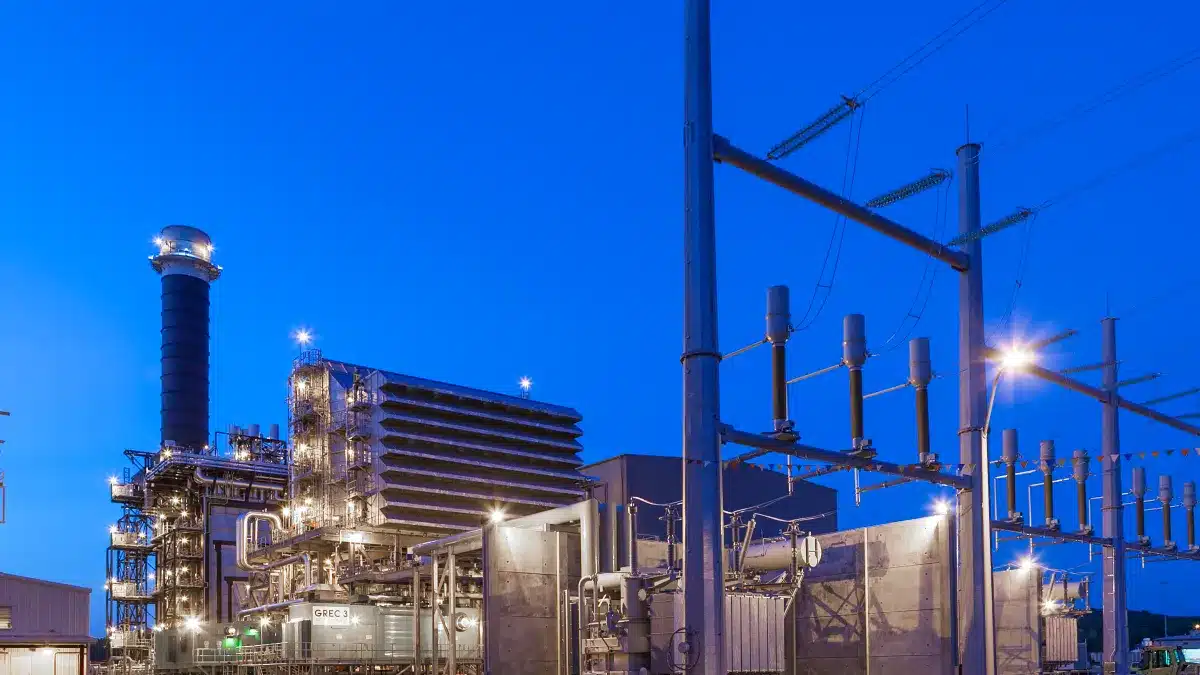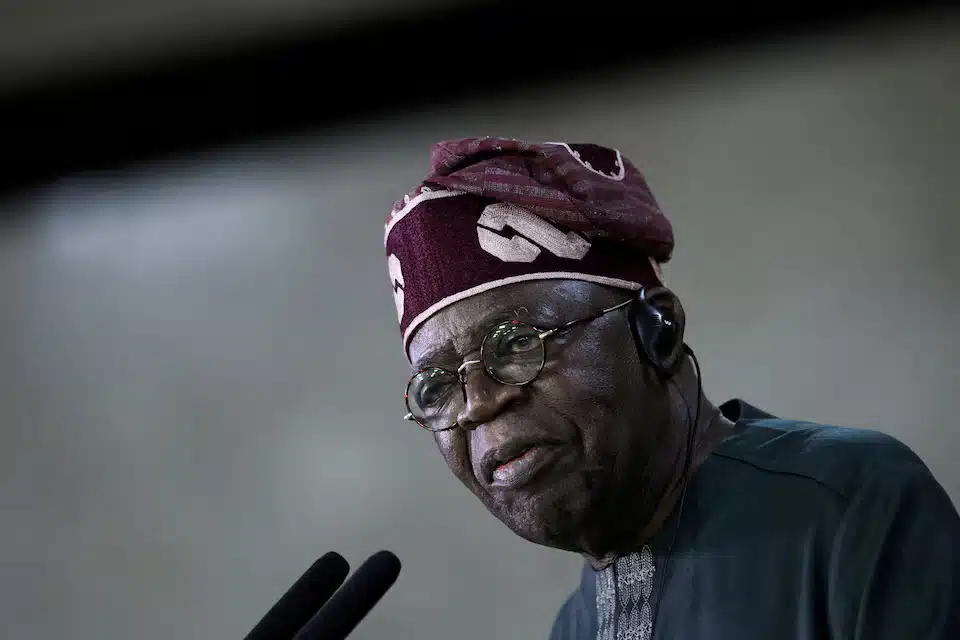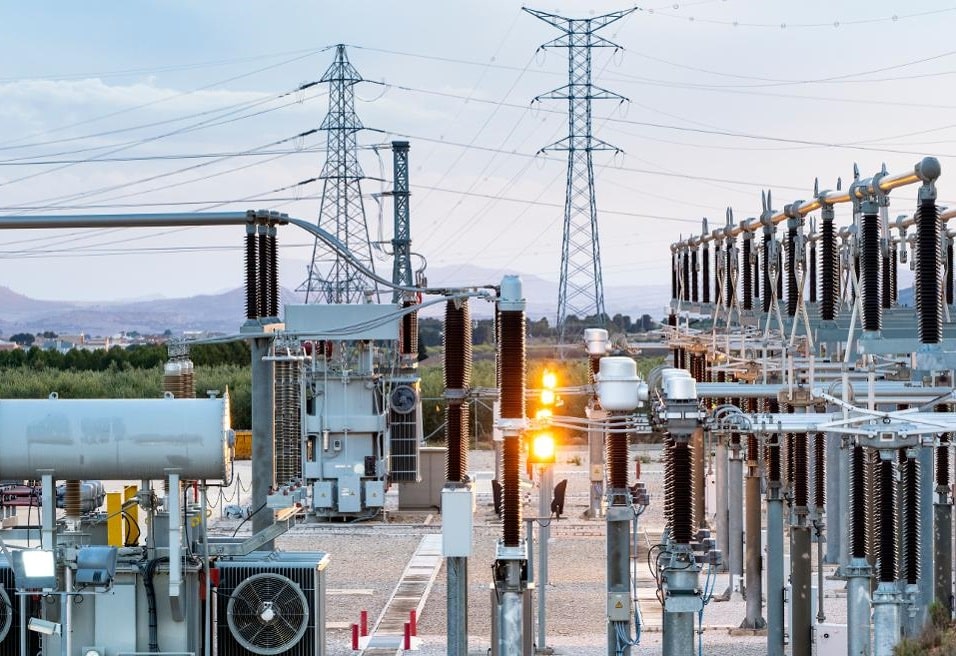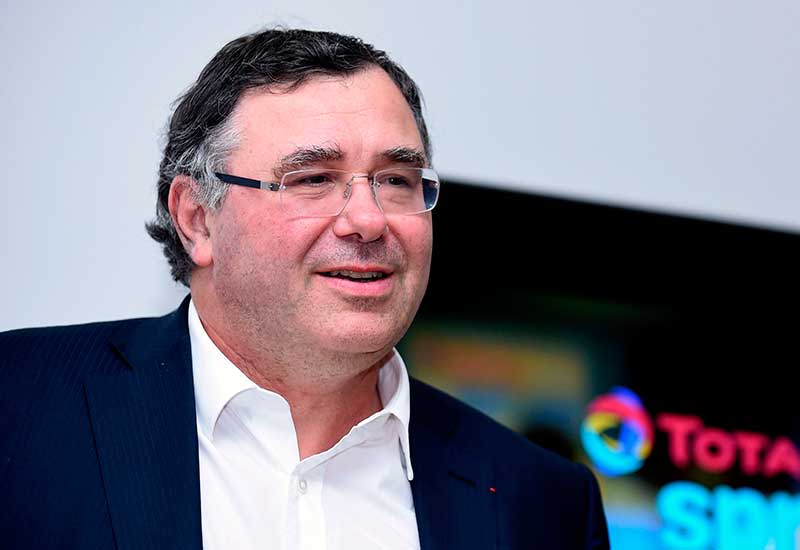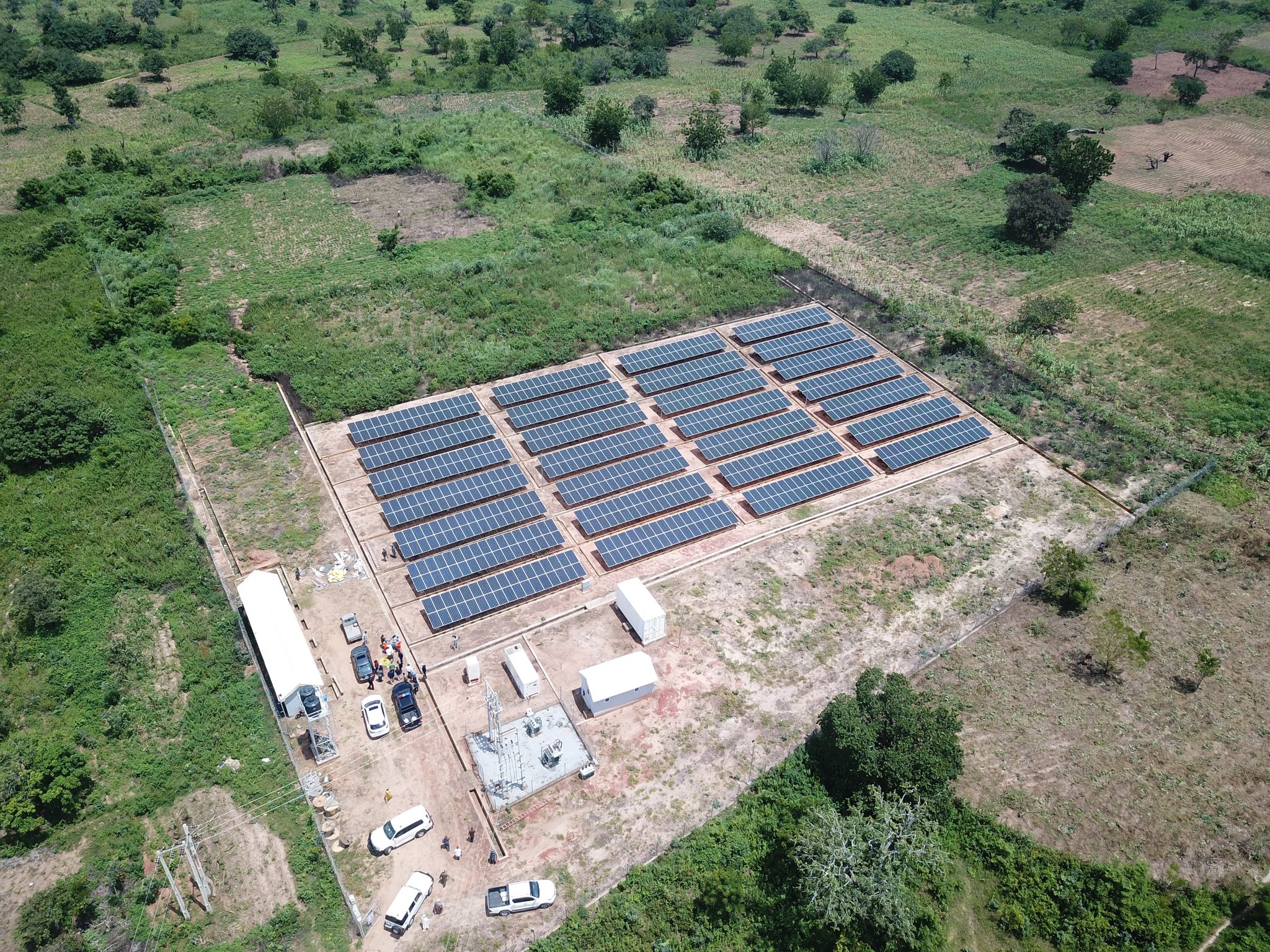African most populous nation, Nigeria, is in discussions with China’s Export-Import Bank for a $2 billion loan to finance a new super electricity grid aimed at improving the country’s power supply and driving industrial growth.
The Minister of Power, Adebayo Adelabu, disclosed this during an economic summit in Abuja on Monday, as per a report by Bloomberg.
He said the new transmission infrastructure will connect the eastern and western regions, where most of the nation’s industrial users are located.
According to Adelabu, the project is part of the government’s plan to decentralize electricity generation and strengthen transmission capacity.
It will also help attract large industrial consumers who left the national grid due to its instability.
“It’s part of our plans to decentralize power generation and get heavy commercial users that left the grid because of unreliability to return,” he said.
Persistent power challenges
Nigeria’s power sector has struggled for decades with unreliable electricity supply, frequent grid collapses, and inadequate generation capacity.
Despite being Africa’s largest gas producer, the country continues to experience widespread outages that affect homes and businesses.
The national grid has suffered multiple system failures this year alone, with the most recent collapse plunging major cities into darkness.
According to the national grid report in August, nearly all power distribution companies (DisCos) were affected during the last transmission line tripping, except Ibadan DisCo, which managed to sustain a minimal supply of about 20 megawatts (MW).
Renewable energy expansion
However, Nigeria signed a $200 million agreement with WeLight, a pan-African Distributed Renewable Energy (DRE) company, to deploy hundreds of mini grids across the country.
The project aim to provide reliable electricity to millions of people in rural and semi-urban areas currently underserved by the national grid.
It also supports Nigeria’s target to raise the share of renewable energy in its power mix from 22% to 50%.
The initiative is backed by the World Bank and the African Development Bank and will involve the construction and operation of 400 mini grids and 50 MetroGrids nationwide.
Meanwhile, Husk Power, in partnership with the United Capital Infrastructure Fund (UCIF), has secured a N5 billion ($3.2 million) facility to expand community solar mini-grids across Nigeria.
The funding is expected to power hundreds of rural communities by 2030, providing electricity to homes, small businesses, and farms while cutting diesel dependence.
What lies ahead
Adelabu noted that expanding renewable energy access is central to the government’s strategy for achieving energy security and sustainable growth.
He stated that the combination of large-scale grid projects and decentralized renewable systems would help address Nigeria’s long-standing power challenges and support industrial development.
With the proposed $2 billion super grid and ongoing renewable projects, the government hopes to create a more efficient electricity network capable of meeting the country’s growing energy demand.

